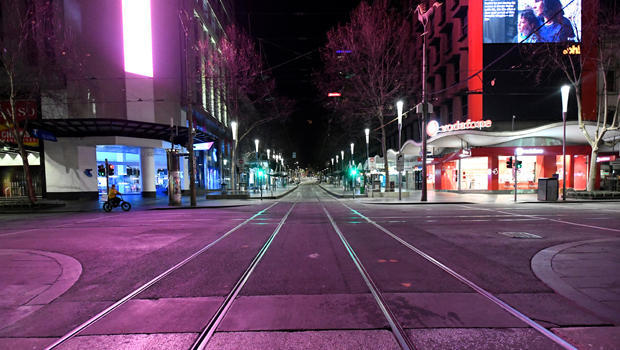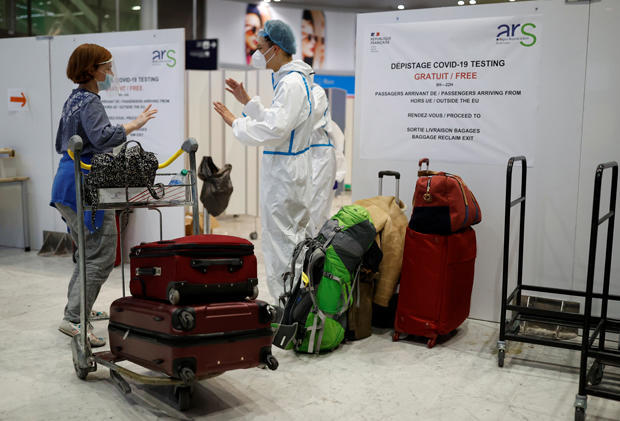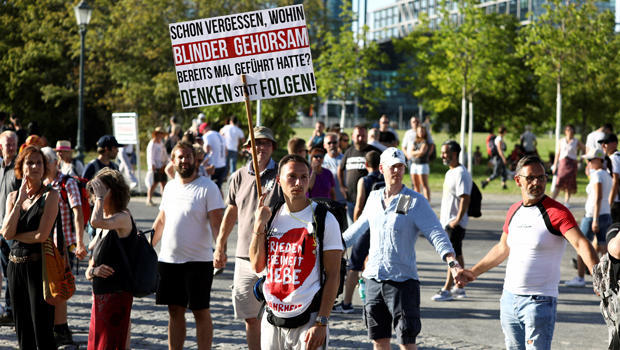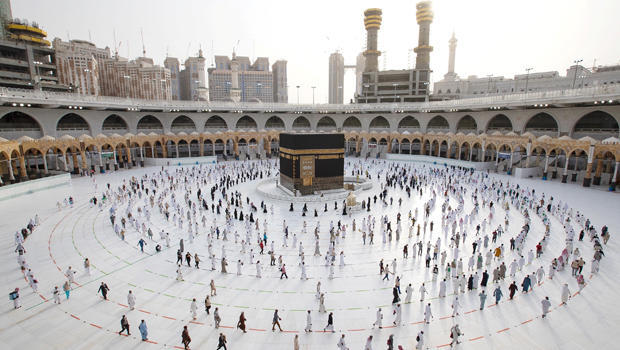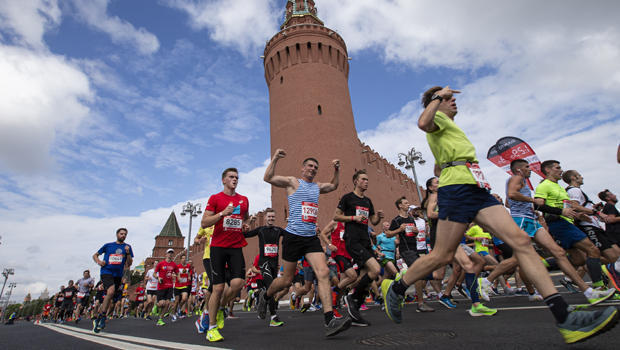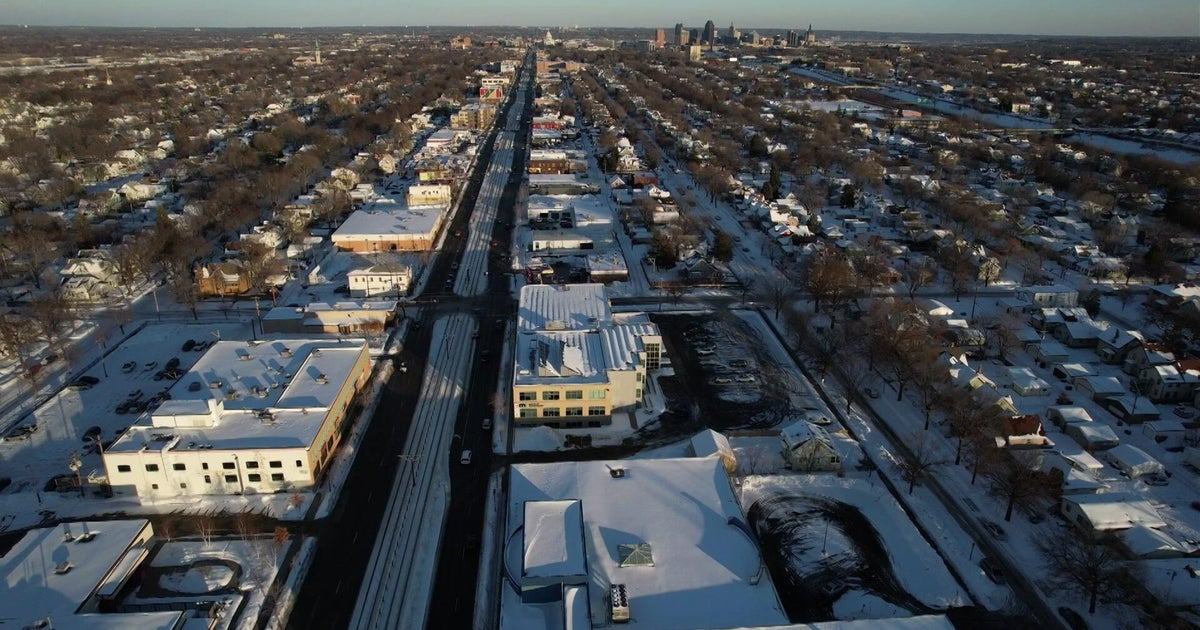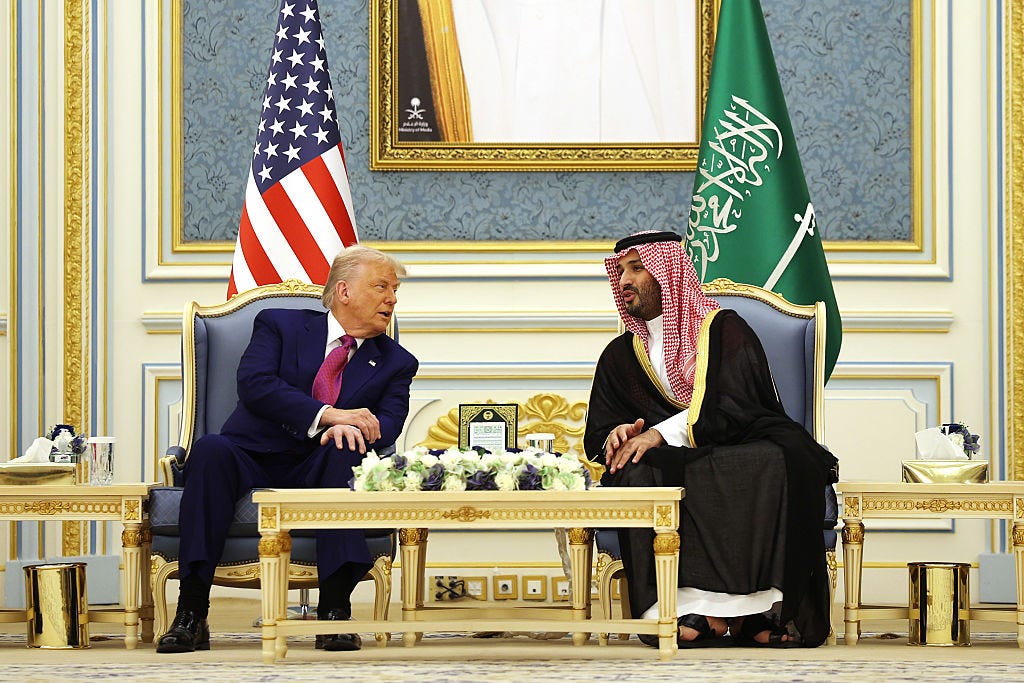How governments around the world are responding to recent spikes in coronavirus
There have now been more than 18 million confirmed coronavirus cases around the world, and the U.S. is not alone in facing a surge in COVID-19 cases. Correspondent Elizabeth Palmer reports from London that recent spikes have forced many governments to return to shutdowns, or reconsider their plans for the immediate future.
In Melbourne, Australia's second largest city, the streets overnight were deserted as the government declared a state of disaster.
Life there was close to normal again, until a sharp spike in COVID-19 cases. Now, in this city of five million, only one person per household can go out to shop, and police are enforcing an hour-a-day limit on exercise, and a strict dusk-to-dawn curfew.
Where you slept last night is where you'll need to stay for the next six weeks, said Daniel Andrews, Premier of Victoria. "You will be stopped, and you will be asked, and you will be made to demonstrate that you are lawfully out, and that you are not breaching that curfew," Andrews said.
In Europe, too, there's been an uptick of COVID. The French have set up testing stations at airports.
So have the Germans, though over the weekend there was pushback. Right-wing demonstrators – fed up with restrictions – marched in Berlin, demanding what they called their freedom.
In Saudi Arabia, the annual hajj to Mecca would have sent COVID cases skyrocketing, so the government slashed the number of pilgrims allowed – from more than two million last year, to a cautious, spaced-out 10,000.
Only the Moscow authorities looked out-of-step. With roughly the same number of new COVID cases as Melbourne, they let a half-marathon go ahead. The 9,000 runners would be encouraged to social distance, they said – which worked out about as well as you might expect.
It's now been six months since the World Heath Organization declared coronavirus an "international public health emergency," and just this morning its head warned there is no silver bullet to stop it ... yet.
